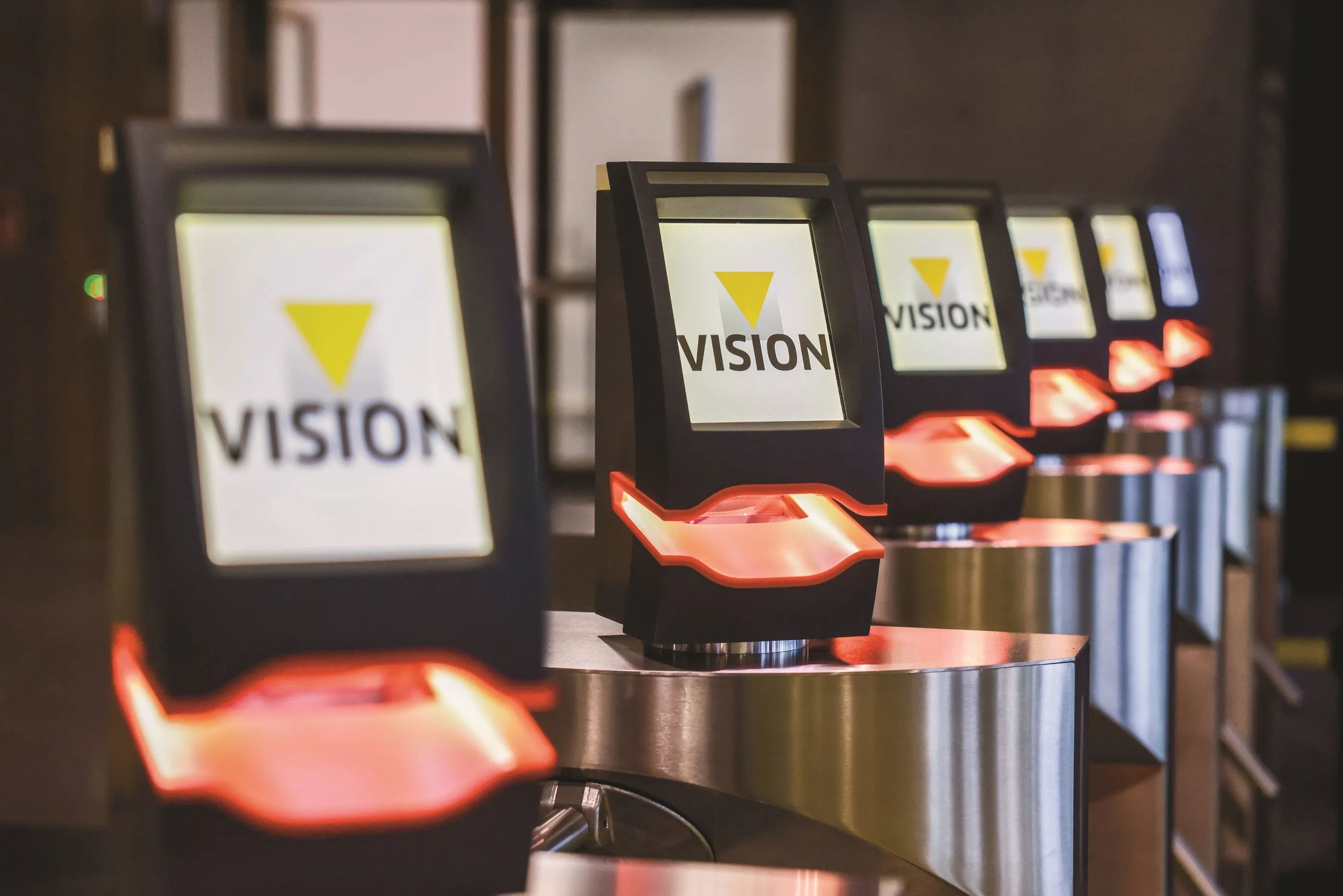Hella Aglaia Mobile Vision, a subsidiary of Hella KGaA Hueck & Co., and Autoliv have agreed to cooperate and further develop their automotive forward-looking vision systems together. As part of the agreement that bundles the competencies of both companies, Hella Aglaia is selling an exclusive license on monovision based algorithms for traffic sign recognition (TSR), lane detection and light source recognition to Autoliv. By monitoring traffic signs, TSR helps the driver to keep the correct speed and follow
May 18, 2012
Read time: 3 mins
RSSMotorists who speed, ignore red lights or drink and drive when in a European country other than their own will be brought to book more easily, thanks to closer cooperation between European police forces and EU-wide enforcement of traffic rules, under plans approved yesterday by the European Parliament's transport committee. However, the UK and Ireland decided not to opt in to the system, while Denmark is entitled to opt out because the Council changed the legal basis of the directive from "transport" to "police cooperation" at first reading.
Throughout the rest of the EC, traffic police authorities will be able to pursue offenders in their home country by using the Eurocaris data exchange system. Speeding, driving under the influence of drink or drugs, failure to wear seatbelts, illegal use of mobile phones, using bus lanes, not wearing helmets when riding a motorcycle and crossing red lights are among the offences covered by the legislation.
Harmonising basic traffic rules and setting common standards for sanctions and enforcement procedures in future would help further reduce the death toll on Europe's roads, MEPs stressed during the debate ahead of the vote which was adopted yesterday by a large majority. The directive will enter into force at the latest two years after adoption and will be subject to close monitoring and assessment by the1690 European Commission.
226 Hella Aglaia Mobile Vision, a subsidiary of Hella KGaA Hueck & Co., and 4171 Autoliv have agreed to cooperate and further develop their automotive forward-looking vision systems together. As part of the agreement that bundles the competencies of both companies, Hella Aglaia is selling an exclusive license on monovision based algorithms for traffic sign recognition (TSR), lane detection and light source recognition to Autoliv. By monitoring traffic signs, TSR helps the driver to keep the correct speed and follow other traffic rules. Lane detection provides warning of unintended lane changes, while light source recognition can automatically identify tail and head lights when vehicles meet or pass each other to avoid distracting other drivers.
Autoliv and Hella Aglaia will cooperate to further develop, enhance and expand the functionalities of Hella's existing technology for automotive and truck applications. More functionalities that will be added over time are forward collision warning and pedestrian detection systems - these are intended to be included in the next generation of enhanced camera-based systems. Hella will continue to deliver the technology to its existing customers, while Autoliv will be the Tier-1 supplier for new automotive customers.
"This is the perfect match! Years of combined experience in automotive safety, state of the art computer vision software development and sensor technology will be a strong foundation for the technology leadership we are aiming for,” says Kay Talmi, Managing Director of Hella-Aglaia Mobile Vision. “The cooperation will enable us to fully exploit the growth potential we see in this field."
"We are combining two of the most experienced image-processing teams aiming for best-in-class vision systems" commented Jan Carlson, president and CEO of Autoliv.
Throughout the rest of the EC, traffic police authorities will be able to pursue offenders in their home country by using the Eurocaris data exchange system. Speeding, driving under the influence of drink or drugs, failure to wear seatbelts, illegal use of mobile phones, using bus lanes, not wearing helmets when riding a motorcycle and crossing red lights are among the offences covered by the legislation.
Harmonising basic traffic rules and setting common standards for sanctions and enforcement procedures in future would help further reduce the death toll on Europe's roads, MEPs stressed during the debate ahead of the vote which was adopted yesterday by a large majority. The directive will enter into force at the latest two years after adoption and will be subject to close monitoring and assessment by the
Autoliv and Hella Aglaia will cooperate to further develop, enhance and expand the functionalities of Hella's existing technology for automotive and truck applications. More functionalities that will be added over time are forward collision warning and pedestrian detection systems - these are intended to be included in the next generation of enhanced camera-based systems. Hella will continue to deliver the technology to its existing customers, while Autoliv will be the Tier-1 supplier for new automotive customers.
"This is the perfect match! Years of combined experience in automotive safety, state of the art computer vision software development and sensor technology will be a strong foundation for the technology leadership we are aiming for,” says Kay Talmi, Managing Director of Hella-Aglaia Mobile Vision. “The cooperation will enable us to fully exploit the growth potential we see in this field."
"We are combining two of the most experienced image-processing teams aiming for best-in-class vision systems" commented Jan Carlson, president and CEO of Autoliv.









